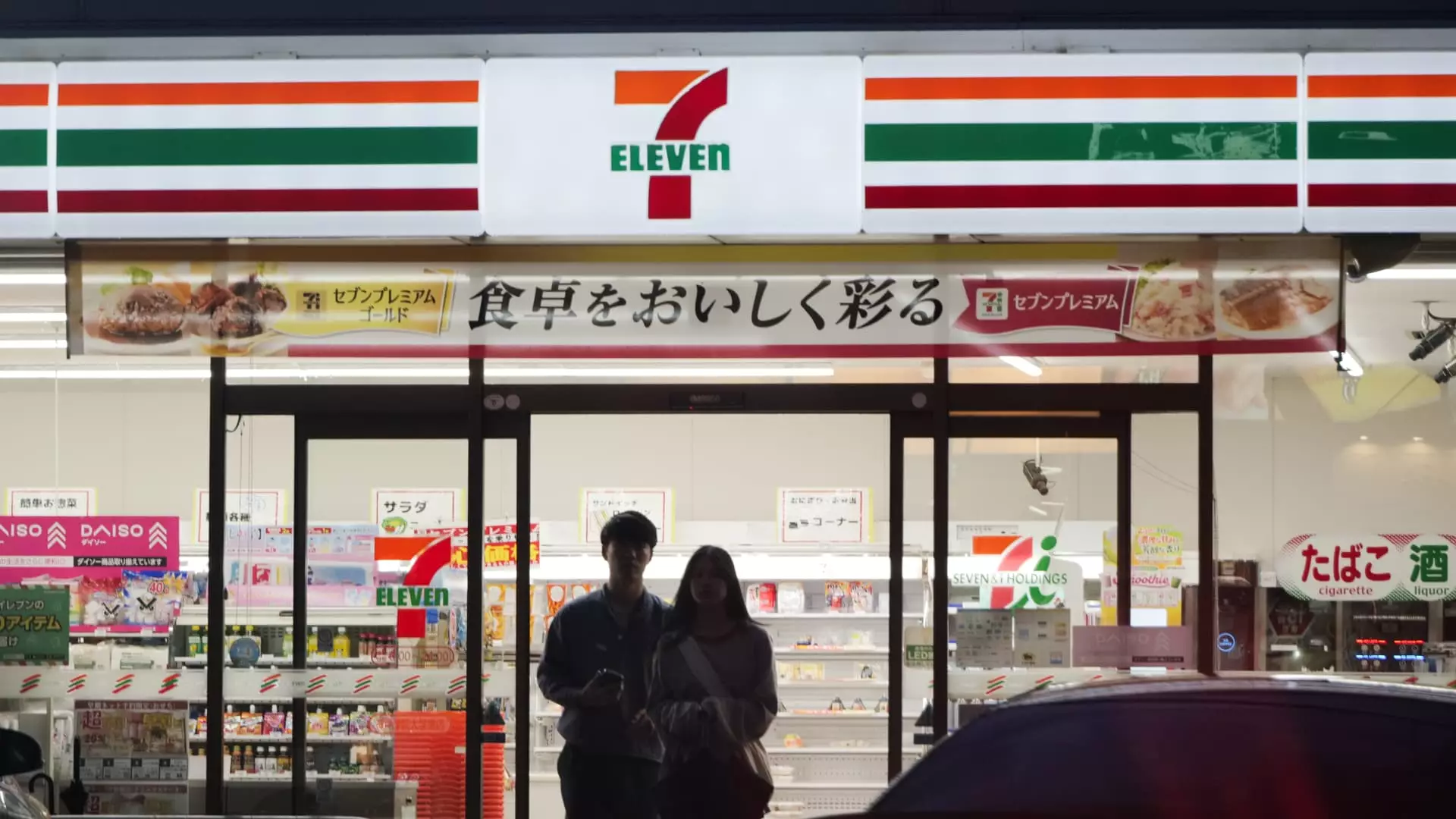Seven & i Holdings has recently rejected a takeover bid from Canadian convenience store operator Alimentation Couche-Tard, claiming that the offer does not benefit its shareholders and stakeholders. The proposal, which offered to acquire all outstanding shares of Seven & i for $14.86 per share, was deemed as “opportunistically timed and grossly undervaluing” Seven & i’s standalone path and potential avenues to unlock shareholder value by the chairman of the special committee, Stephen Dacus.
Dacus also highlighted that Couche-Tard’s proposal failed to address the significant challenges that the takeover would face from U.S. anticompetition agencies. He criticized the lack of specificity in terms of potential divestitures and the absence of a timeline for clearing regulatory hurdles. Additionally, he questioned whether Couche-Tard was willing to take all necessary actions, including litigation with the government, to obtain regulatory clearance.
While expressing willingness to consider proposals that align with the best interests of the company’s stakeholders and shareholders, Seven & i made it clear that it will resist any offer that deprives shareholders of the company’s intrinsic value or does not adequately address regulatory concerns. The rejection of the bid was based on the belief that the proposal did not reflect the true value of Seven & i and failed to provide a concrete plan for addressing regulatory issues.
Ben Herrick, associate portfolio manager at Artisan Partners, criticized Seven & i’s management team and board for allegedly not maximizing the corporate value of the organization. Pointing out the oversight in capital allocation overseas, Herrick emphasized the potential for growth in international licensees operating outside the United States. He highlighted the discrepancy between the number of stores and the profit generated, suggesting that there is room for improvement in terms of operational efficiency and strategic decision-making.
Herrick urged Seven & i to accelerate the implementation of its plans and reforms, emphasizing the need for increased speed and agility in adapting to market changes. He pointed to the slow progress in enacting reforms since the introduction of the 100-day plan in 2016, highlighting the importance of cultural shift within the organization to foster innovation and responsiveness. The call for change was aimed at enhancing the company’s competitiveness and growth potential in a rapidly evolving market landscape.
Richard Kaye, portfolio manager at independent asset management group Comgest, offered a contrasting view by praising the performance of Seven & i in terms of logistics and product innovation. Kaye argued against the need for radical reforms by a foreign acquirer, suggesting that the company is already excelling in key areas and may not benefit significantly from external intervention. He emphasized the importance of recognizing and leveraging Seven & i’s existing strengths, rather than imposing drastic changes that could disrupt its successful operations.
The rejection of Alimentation Couche-Tard’s takeover bid by Seven & i Holdings reflects the company’s commitment to safeguarding the interests of its stakeholders and shareholders. The decision was guided by considerations of intrinsic value, regulatory concerns, and long-term growth prospects. While debates continue regarding the optimal strategies for maximizing corporate value and competitiveness, it is evident that Seven & i remains focused on pursuing sustainable growth and innovation within its established framework of operational excellence.

Leave a Reply